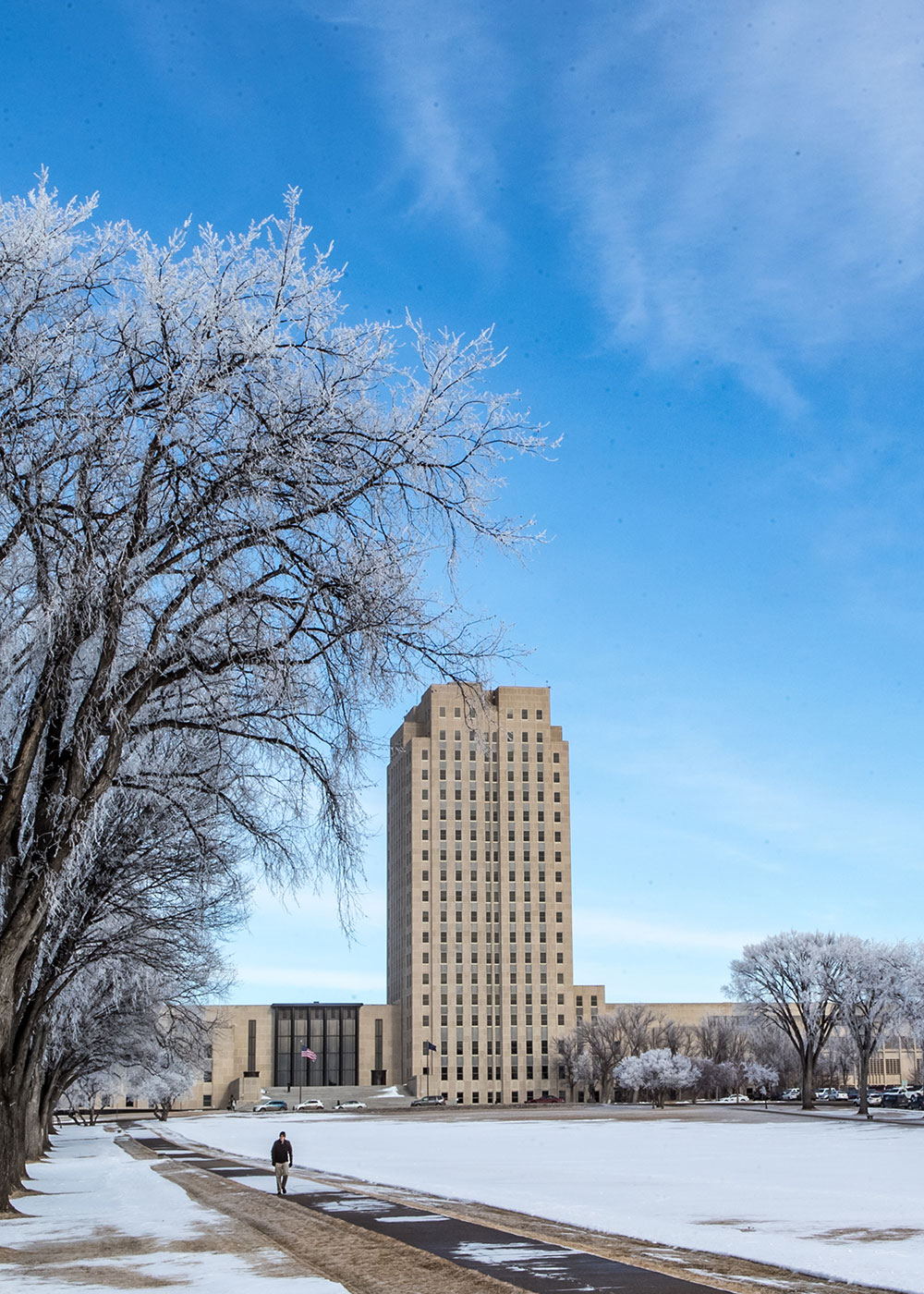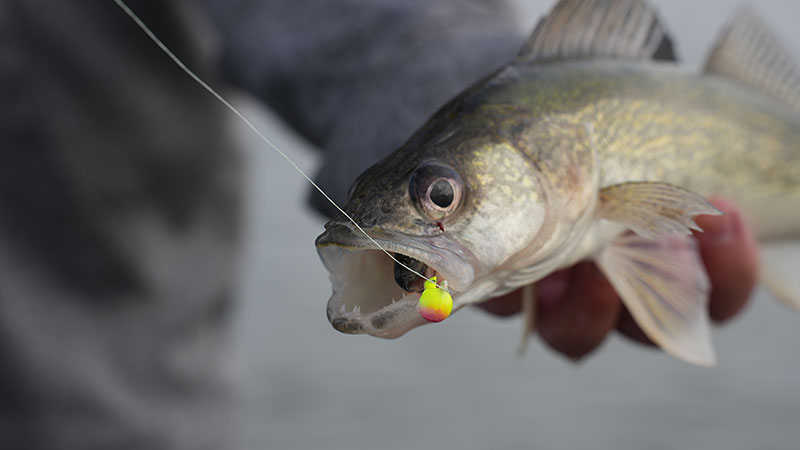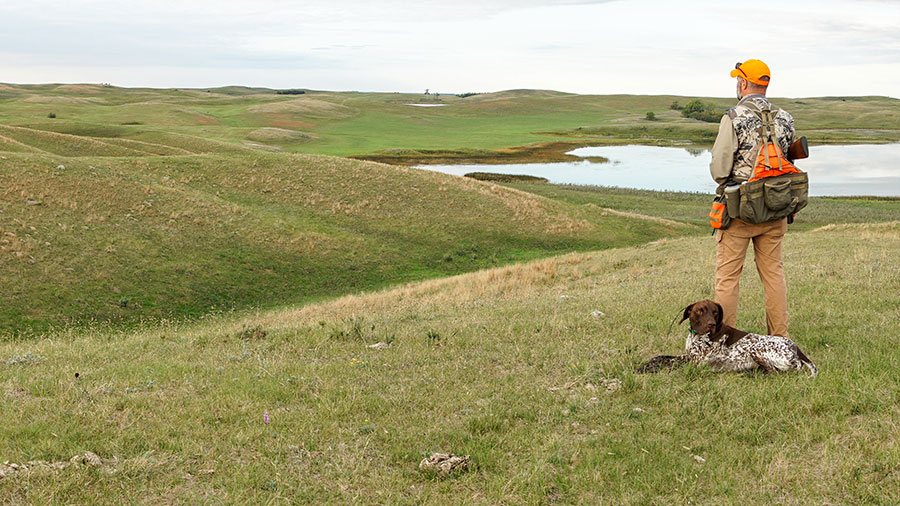Lawmakers Address Outdoor Issues
Ron Wilson

Like snow and cold in winter, there are certainties in life here on the Northern Plains. The gathering of lawmakers in Bismarck every year that ends in an uneven number is one of them.
The 69th Legislative assembly started in early January and will finish sometime in spring. It goes without question — another one of those certainties — that North Dakota Game and Fish Department officials will be dealing with conservation-minded bills that could, and in some cases will, direct how the agency that does not receive any general state tax dollars does business in the future.
“Even though we are a self-funded, or a special fund agency, we still need to get spending authority from the legislative body,” said Scott Peterson, Department deputy directory. “So, we go before them and justify every bit of that budget. Even though it’s technically our customer base’s dollars that are contributing to that, we still need to get authority and approval from the legislature to spend every penny.”
Primarily, the Department’s role at the Capitol during the session is to provide information depending on the bill, but often there is more to it than that.
“We take a look at each and every bill based on its own merit, and we make a decision whether we support it, oppose it or are neutral,” Peterson said. “If it’s a social bill, doesn’t really affect things biologically, there are times when we don’t take a pro or con stand to it or oppose or support. We’re there to provide backup information for those legislators to make their job easier when it comes time to determine whether they’re going to support or oppose a bill.”
In 2023, Department officials began the session tracking as many as 20 bills that had the potential to affect, either directly or indirectly, how the agency would conduct business in the future. Not all bills would become law. And, as is typically the case, some bills generated more scrutiny and discussion that others.
That could also be the case in the 69th gathering, but it’s only a guess.

When asked if it pays for hunters, anglers, trappers and others to contact their legislators to express their opinions about bills they feel strongly about, Peterson didn’t hesitate in affirming the necessity to do just that.
“In some ways, I would even argue that it’s our obligation, our responsibility. I tell people that the system, the process is designed around public input,” Peterson said. “I think there’s a lot of our constituents who maybe think, ‘We’ll let Game and Fish take care of that,’ and we try to do the best we can in advocating for our constituents. But if you have a personal interest in a bill, I encourage you to get involved. Reach out and contact your legislator. It’s not difficult. You don’t even have to actually talk personally to your legislator. You could send them a text or an email.
“If I was a legislator sitting down there on a floor hearing, and a vote came up when I was trying to make that decision about whether to vote yay or nay, I would like to know what my constituents are thinking,” he added. “It’s kind of like voting. I believe it’s not only our right, it’s our obligation, our responsibility to make our voices heard. If you consider what we do for the resources and constituents of North Dakota is important, then certainly get involved.”


